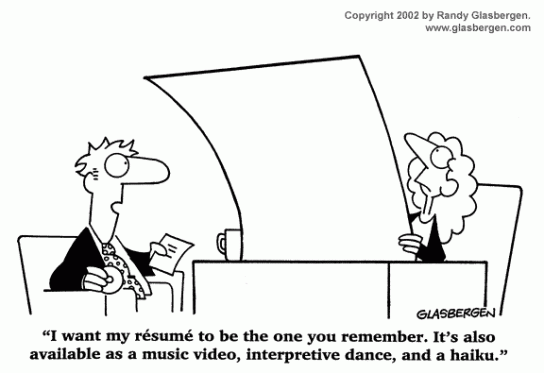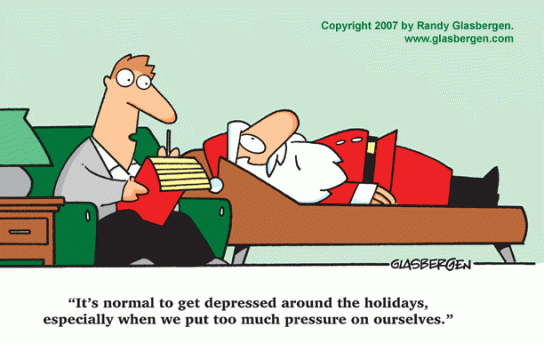
For years we kept telling our technical resume/job search members they needed to get properly prepared before they rushed out into full-blown job search mode, even "passive" job search mode. We kept saying that those members who do see much better results, particularly in dramatically reducing the length of their job search time and the effectiveness of their resumes. But it just wasn't sexy enough...apparently. :-) [Or we weren't convincing enough, I guess.] Because we kept seeing heads nod in agreement but members rush out anyway into job board land and recruiter chaos (and attend network mixer after network mixer) without much of a "plan" other than trying a lot of things. (Or, worse, they marched into the promotion process, the highest stakes "career move" there is, without any leverage.)
So this year after introducing our concierge job search "launch" solutions to our resume portfolio offerings, we began tracking and publishing the results our members were receiving.
(We decided that if we wanted our members to invest in what we were saying, then we needed to prove it!)
And, not surprisingly, the stats are overwhelmingly in favor of implementing some type of "prep" session into your upcoming career move efforts. Overall, our members beat the national average for job search length by 4 months (a 67% improvement; 169 hours recovered for the member) and the resume response rate (# of resumes sent before receiving first call/response) by 100% with 90% of our members cutting the response time in half or better. (See our Latest Member ROI.)
But out of those stats, the members repeatedly driving down our averages were the ones that thought strategy first, execution second. (They averaged an 85% improvement over the national average in job search length, another 18% of time recovered over our other members.)
Why all the fuss?
Here's the deal: Today's technical job search, whether you are currently employed, unemployed, going for a promotion, or a consultant is more of a "zoo" than it used to be, and all that corporate "goo" that makes up most hiring and retention practices is, well, a bit sticky. Not to mention the fact that the job search is an emotional, often reactionary, process.
So the days of whipping up a resume and tossing it out to see what sticks "should" be over.
That is, if you value your time and your career AND want to reduce the stress that comes with a career move. And who doesn't, really?
But I know: What we should do and what we actually do are typically not the same things.
That's why, to make the mind shift easier, when I talk about a "Prep" Session, I am referring to a simple, low-commitment session with a big return that is conducted before you do anything else, NO MATTER WHAT TYPE OF JOB SEARCH YOU ARE CONDUCTING. The idea is to get you up to speed on where the market is today, how well you are positioned for the market you are targeting, and the steps that will get you better prepared for making that next move.
There's no doubt that if you read all the trend reports, soul-search until the cows come home, and obsess over your resume, you'll end up more confused than prepared.
So don't short-change yourself.
Take an hour, get a Prep Session (even if you're not looking to make that move until 6 months from now), and get some peace of mind that you have an authentic perspective going forward. (It doesn't have to be expensive or exhaustive. It's a "prep" session, after all.)
The idea is that you start off on the right foot. And if you've worked as hard as I know you do, then you deserve at least that.
(I believe in it so much that it is now a mandatory part of our membership!)
Listen. If you want to get good results, you do what works. Why do anything else?

